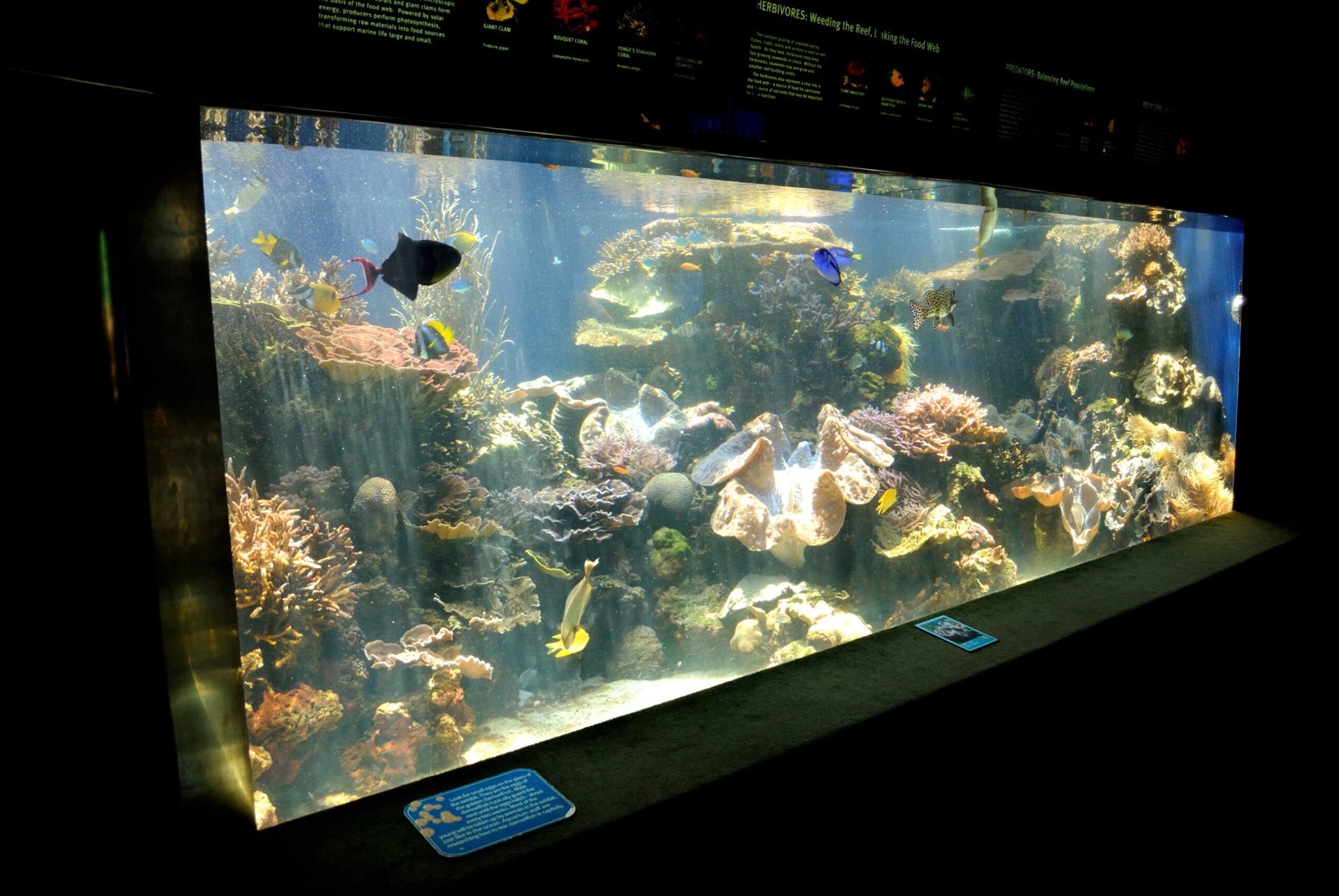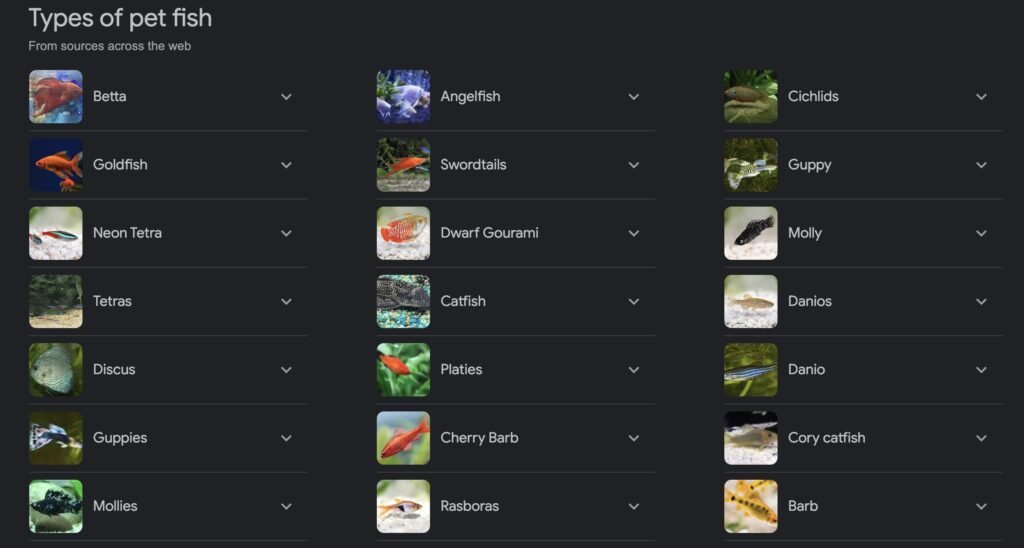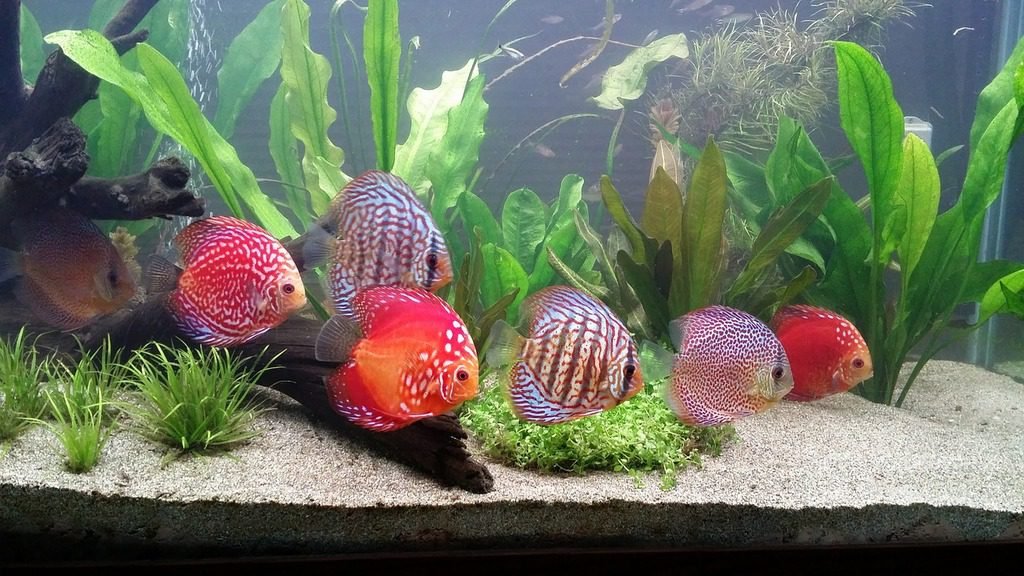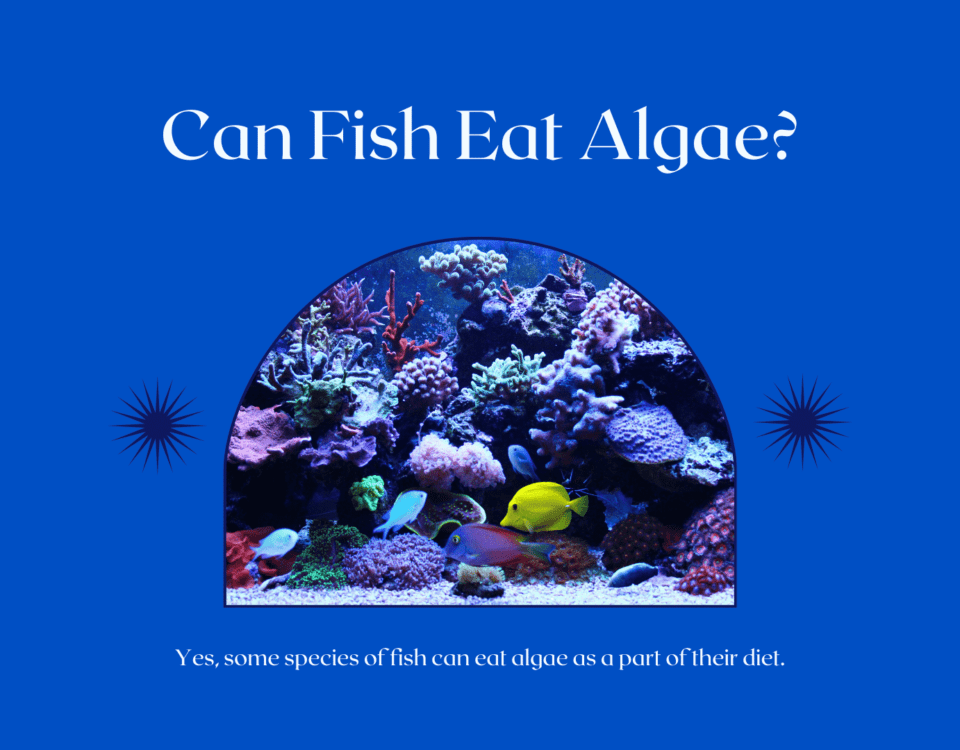


Can Parakeets Eat Strawberries? Is It Toxic to Parakeets?
February 18, 2024


Do Dog Whistles Hurt Dogs? Myth Busted
February 22, 2024Thinking about getting a pet fish? It’s a fantastic idea, but fish aren’t the best fit for everyone. Many people love the idea of having colorful fish swimming around in a tank at home. Yet, there’s a lot to learn about taking care of them. Some folks dive into the fish world, joining groups, chatting on online forums, and learning as much as they can. But often, beginners discover things that make them say, “Oh, if I’d known that, I might not have gotten a fish.”
This guide is here to talk about those surprises. If something you read makes you think, “Hmm, that doesn’t sound fun” maybe a different pet would be better for you and your family.
Let’s understand what you need to know before deciding on a fish as a pet.
Are fish good pets?
Yes, fish can be great pets for several reasons. They are known for their low maintenance compared to pets like dogs or cats, making them a good choice for busy individuals or those looking for a pet with simpler care requirements. Fish tanks add a unique aesthetic to any room, offering a peaceful and calming effect with their gentle movements and colorful appearance.


Easy to Keep Pets
Additionally, setting up and caring for an aquarium can be a rewarding hobby, providing opportunities to learn about aquatic life and ecosystem management. However, potential owners should know that some fish require specific care, environments, and equipment to thrive. Fish can be wonderful and satisfying pets with the proper preparation and commitment.


Fishtank
Reasons why fish can be excellent pets
Fish can be excellent pets due to their relatively low maintenance and the serene beauty they bring to any living space. Their quiet presence and mesmerizing movements create a calming atmosphere, making them a delightful addition to a home or office.
1: Easy to care for
Fish generally require less daily care than pets like dogs or cats. With a proper setup, their tanks only need regular cleaning and water changes, making them manageable for people with busy schedules.
2: Adds aesthetic value
An aquarium can significantly enhance the aesthetic appeal of a room. The fish’s vibrant colors and the tank’s design can turn an ordinary space into a captivating underwater scene.
3: Peaceful and calming
Watching fish swim gracefully in their aquatic environment is known to have a calming effect, reducing stress and anxiety. This makes them perfect pets for creating a tranquil home environment.
4: Educational value
Maintaining an aquarium provides educational opportunities to learn about different fish species, aquatic plants, and the complexities of marine ecosystems. It’s a hobby that can grow with you, offering new learning experiences over time.
5: Space-efficient
Fish tanks can fit into various living spaces, from small apartments to large houses. There’s an aquarium size to suit nearly every type of home, making fish accessible pets for those with limited space.
6: Low noise levels
Fish are virtually silent, making them ideal pets for apartment dwellers or anyone sensitive to noise. Their quiet nature ensures they won’t disturb your daily routine or sleep.
7: Wide variety to choose from
A vast array of fish species is available, offering a range of sizes, shapes, and colors. This variety allows pet owners to customize their aquariums to their preferences and create a truly unique underwater world.
8: Beneficial for mental health
Watching fish glide through the water has lowered stress levels, improved mood, and reduced blood pressure. This makes fish tanks not just decorative but therapeutic as well.
9: Encourages responsibility
Caring for fish can teach children and adults about responsibility, routine, and the importance of maintaining a clean environment for the health and well-being of their aquatic pets.
10: Sustainable pet option
Fish can be a more eco-friendly pet choice for those concerned about environmental sustainability. With proper sourcing and tank management, keeping fish can have a lower environmental impact than other pet options.


What should you consider before keeping a fish as your pet?
Before keeping a pet fish, it’s essential to consider the commitment and resources needed to create a healthy environment for aquatic life.
Understanding the specific needs of the fish species you’re interested in and the time and financial investment required will ensure a rewarding experience for you and your aquatic pets.


Some Types of Pet Fish
1: Type of fish
Different fish have varying needs regarding space, diet, and water conditions. Researching the specific requirements of the fish species you’re interested in is crucial for their well-being.
2: Aquarium size and setup
The size and type of aquarium needed will depend on the fish species and the number of fish you plan to keep. Consider the space available in your home and the setup costs, including filters, lights, and decorations.
3: Ongoing maintenance
Regular maintenance, including water changes, tank cleaning, and monitoring water quality, is essential for a healthy aquarium. Consider whether you have the time and willingness to commit to these tasks.
4: Budget
Initial setup costs for an aquarium can be high, and ongoing expenses include food, water treatments, and equipment replacements. Ensure you’re prepared for the financial commitment.
5: Compatibility of fish
Some fish species can be aggressive or have specific social needs. It’s important to choose fish that are compatible with each other to avoid stress and conflict in the tank.
7: Time commitment
Caring for fish requires a daily commitment to feeding and regular maintenance to keep the tank environment healthy. Consider if your lifestyle allows for this time investment.
8: Knowledge and research
Understanding the ecosystem your fish need to thrive is key. Be prepared to research and learn about the best practices for fish care and aquarium management.
9: Longevity and commitment
Some fish species can live for many years. Consider if you’re ready for the long-term commitment of caring for your pet fish.
10: Local resources
Access to quality fish supplies, veterinary services for fish, and local clubs or communities can significantly enhance your experience and provide support when needed.
Are there any cons of keeping a fish as a pet?
While keeping fish as pets can be rewarding, challenges and drawbacks exist. The commitment to maintaining a proper environment and the potential limitations on interaction can make fishkeeping less appealing to some.
1: Initial setup cost
The cost of aquariums, filters, lights, and other necessary equipment can be high. Setting up a suitable environment for fish requires a significant initial investment.
2: Ongoing maintenance
Regular cleaning, water changes, and monitoring water parameters are essential to keep fish healthy, which can be time-consuming and require consistent effort.
3: Limited interaction
Unlike pets such as dogs or cats, interaction with fish is primarily observational. Those looking for a more interactive pet experience might find fishkeeping less satisfying.
4: Space requirements
Aquariums take up physical space in your home. Larger tanks, often needed for healthier environments, require adequate space and a sturdy support structure.
5: Learning curve
Proper fish care involves understanding complex needs such as water chemistry, temperature control, and species-specific requirements, which can be daunting for beginners.
6: Fragility of aquatic life
Fish can be sensitive to environmental changes, making them susceptible to stress and disease if their habitat is improperly maintained.
7: Electricity consumption
Running an aquarium involves continuous use of electrical equipment like filters, heaters, and lights, which can increase your energy bills.
8: Ethical considerations
The pet fish industry has faced criticism for practices that can harm fish welfare and wild populations. Ethical sourcing and species conservation are important considerations.


A fish tank filled with different types of fish
Caring for your new pet fish
Caring for your new pet fish involves creating a stable and healthy environment in their aquarium and meeting their specific needs through regular maintenance and observation.
It’s a rewarding process that requires attention to detail and a commitment to their well-being.
- Research before purchase: Understand the specific needs of the fish species you plan to keep, including their diet, preferred habitat, and compatibility with other fish.
- Set up the aquarium: Prepare the tank before bringing your fish home. This includes choosing the right size tank, setting up the filtration system, adjusting the water temperature, and adding decorations and plants for hiding spots.
- Cycle the tank: Establish a nitrogen cycle in the aquarium before adding fish to ensure the water is safe and healthy for them. This process can take several weeks.
- Monitor water quality: Regularly test the tank water for ammonia, nitrites, nitrates, pH levels, and temperature to ensure they remain within safe ranges for your fish.
- Regular maintenance: Perform partial water changes weekly to remove waste and keep the water clean. Clean the tank and filter as needed to prevent the buildup of harmful substances.
- Feed properly: Provide a balanced diet suitable for your fish’s species, feeding them only as much as they can consume in a few minutes to avoid overfeeding and water contamination.
- Watch for signs of illness: Observe your fish regularly for any signs of disease or stress, such as changes in behavior, appearance, or eating habits, and take advice from a vet or professional aquarist if needed.
- Limit stress: Minimize stress for your fish by avoiding overhandling, maintaining a peaceful tank environment, and ensuring they have plenty of space and hiding places.
- Educate yourself continuously: Stay informed about best practices in fish care, new research, and ways to improve your aquarium setup to provide the best environment for your fish.
Final thoughts
In conclusion, while fish can make excellent pets, offering beauty, tranquility, and a unique hobby, they require careful consideration, preparation, and ongoing commitment.
Understanding the needs of your aquatic pets, the costs involved, and the maintenance required will ensure a rewarding experience for you and your fish, fostering a healthy and vibrant underwater world in your home.



